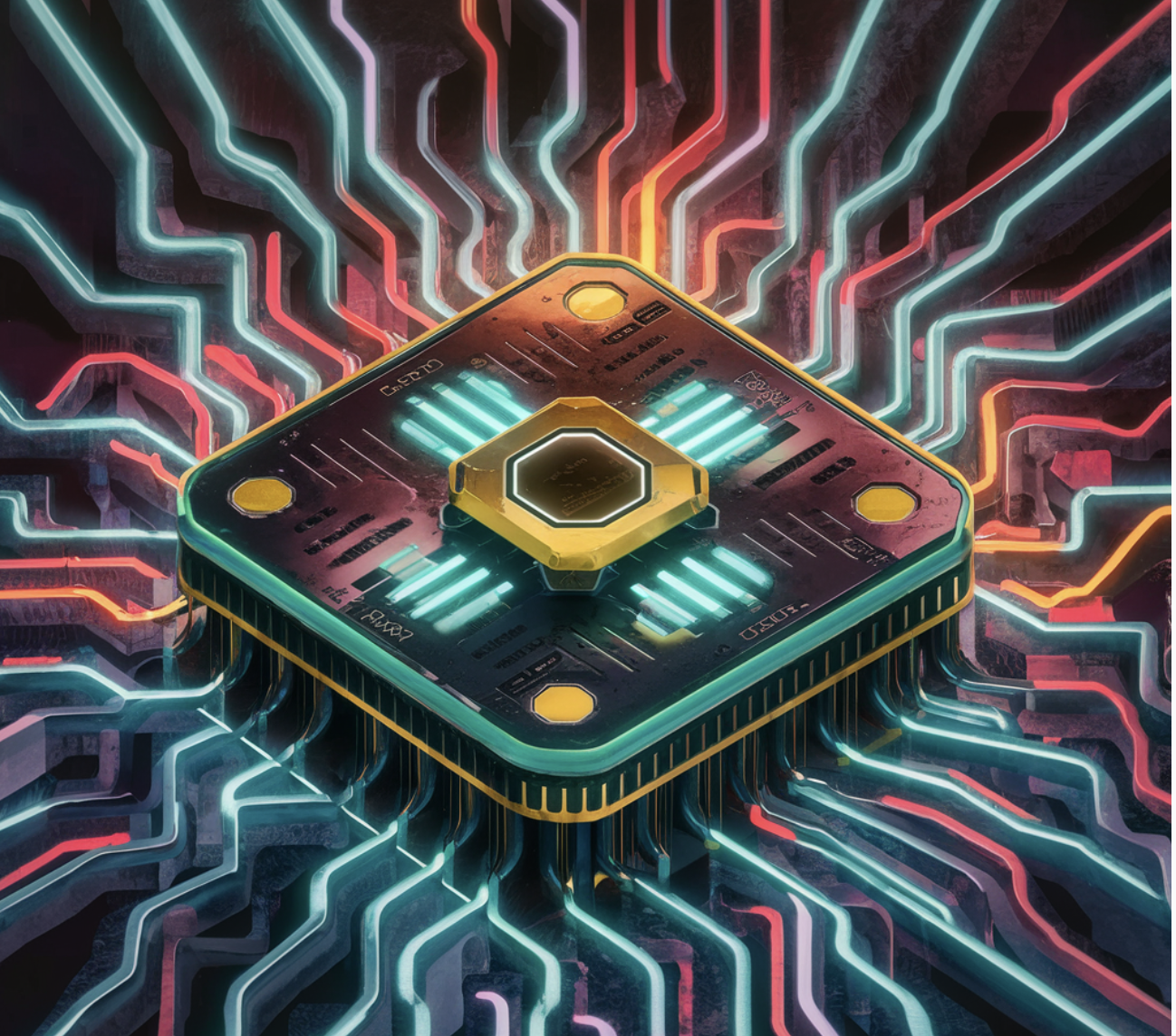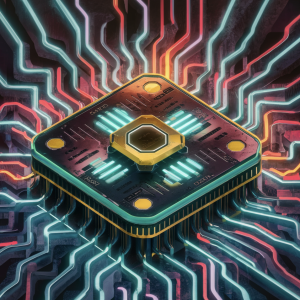

The rise of quantum computing has opened the doors to transformative innovations that transcend the limits of classical computing. The quantum processing unit (QPU) represents a paradigm shift in computational science, akin to how the GPU revolutionized the world of computing in the 2000s. Let’s delve into how QPUs are poised to complement and potentially surpass GPUs, unlocking a new era of computational power.
What is a Quantum Processing Unit (QPU)?
A QPU harnesses the principles of quantum mechanics to solve problems that classical computing finds difficult to handle. Utilizing qubits and quantum circuit models, QPUs aim to transform how we compute. Just as the GPU allowed for massively parallel processing, QPUs enable a fundamentally different kind of computation, leveraging properties such as superposition and entanglement.
The Promise of QPUs
In various industries, such as drug discovery, finance, and artificial intelligence, QPUs have the potential to outperform traditional computing systems vastly. They can simulate molecular interactions, enhance model optimizations, and enable algorithms that learn efficiently from limited data.
QPUs promise to overcome the challenges GPUs face in data centers. GPUs’ high power consumption generates significant heat, demanding expensive cooling systems, raising costs and environmental concerns. QPUs, however, could offer a more sustainable alternative by consuming less power and producing less heat.
The Path to QPU Integration
The journey toward QPU adoption is challenging. Achieving stable, large-scale quantum systems requires significant quantum error correction and software development advances. Unlike GPUs, QPUs require new programming tools and algorithms to harness their potential fully. Current research is gradually paving the way for their integration into computational infrastructures, but it remains in its infancy.
Here’s a comparative table outlining the differences between GPUs and QPUs:
GPU vs. QPU

Current State and Future Outlook
Today, QPU integration in industry and research is still in its early stages. Several companies and research institutions are making strides in quantum computing, providing cloud-based services and demonstrating quantum advantages. However, if we compare the current state of QPUs with the GPU industry timeline, QPUs are at a stage similar to where GPUs were in the mid-2000s.
The industry generally faces challenges in developing quantum algorithms, error correction techniques, and qubit coherence. However, with continued research, QPUs may soon become integral to data centers, complementing GPUs and CPUs to create more powerful computing ecosystems.
Conclusion
As quantum computing advances, QPUs stand at the forefront of a new era in computational science. While GPUs will continue to play a vital role in modern computing, QPUs offer the potential for groundbreaking advances in power consumption, heat output, and upgrade frequency. The future of computing lies in the synergy between CPUs, GPUs, and QPUs, enabling a broader horizon for sustainable, efficient, and powerful computing solutions.
Sources
- https://www.nature.com/articles/s41467-022-28767-x
- https://www.nature.com/articles/nphys1453
- https://builtin.com/articles/quantum-processing-unit-qpu#:~:text=Enter%20the%20quantum%20processing%20unit,new%20era%20in%20computational%20science
The post Beyond GPUs: How Quantum Processing Units (QPUs) Will Transform Computing appeared first on MarkTechPost.